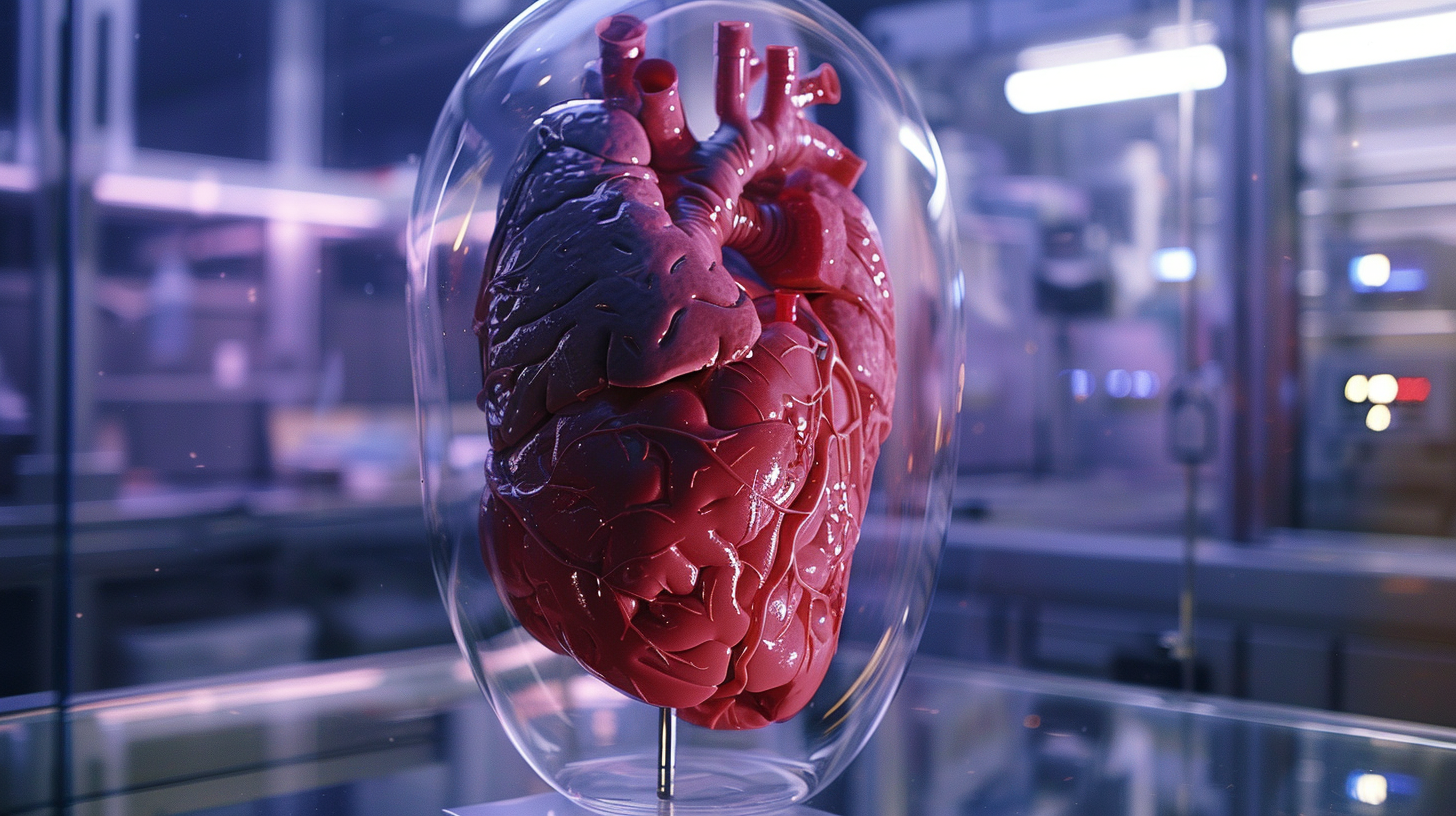Table of Contents Show
Every night, we set sail on a mysterious voyage into the domain of sleep, an odyssey that remains partly uncharted even in the age of modern science. We’re all familiar with the sensation of drifting off, but what truly happens in the depths of our unconsciousness? Our journey tonight takes us through the intricate stages of sleep, exploring how our brains and bodies rejuvenate, and the pivotal role of dreams and memory consolidation. What we’ve uncovered so far might just change the way you think about your nightly slumber. Stay with us as we unravel the enigma of sleep, piece by intriguing piece.
Key Takeaways
- Sleep cycles, including deep and REM stages, are crucial for physical restoration and mental health.
- The brain actively consolidates memories and processes emotions during sleep.
- Lack of sleep negatively affects the immune system, mood, and cognitive performance.
- Dream interpretation can offer insights into subconscious thoughts and contribute to emotional well-being.
The Stages of Sleep
Understanding the stages of sleep is important as we cycle through distinct phases, each playing an essential role in our health and well-being. We’ve all craved that sense of freedom that comes from a good night’s rest. It’s not just about shutting our eyes; it’s about what happens when we’re plunged into the world of sleep.
We start off in the light sleep phase, where we’re just dipping our toes into the sleep pool. It’s easy to wake us up during this stage, but it’s important for easing us into deeper rest. We need this gentle switch, or else we’d be like cars trying to go from 0 to 60 in no time flat—practically impossible and not at all smooth.
Then, we plunge into the deep sleep stage. This is where the magic happens. Our bodies get to work repairing muscles, consolidating memories, and rejuvenating for the next day. It’s like hitting the reset button on our physical and mental state. We’re not just sleeping; we’re giving ourselves a tune-up.
Finally, we experience the REM stage, which stands for Rapid Eye Movement. This is where dreams take the stage. It’s a bit of a paradox, though. Our brains are buzzing with activity, yet our muscles are in a state of paralysis. It’s nature’s way of making sure we don’t act out our dreams.
Each stage is a step on the ladder to waking up feeling like we can conquer the world. Skipping any rung on this ladder means we’re not getting the full freedom that sleep offers, making understanding these stages important for anyone chasing the dream of waking up refreshed and ready to face the day.
Brain Activity During Sleep
As we float into sleep, our brain begins on a remarkable journey of activity and rest, essential for our overall health. This journey’s not just about shutting down; it’s a dynamic state where our brain’s working hard, ensuring we wake up rejuvenated and ready to tackle whatever comes our way.
During various sleep stages, our brain’s activity shifts dramatically. In the lighter stages, we’re in a state of semi-awareness, where we can easily be woken. It’s like our mind’s dipping its toes in the waters of sleep, not yet fully committed to diving in. But as we drift deeper, the brain waves slow down, entering a tranquil rhythm that heralds the deeper stages of sleep.
It’s in these deeper stages that the magic happens. Our brain begins to organize and process the day’s experiences, sorting through memories, and making connections that might have eluded us in the hustle and bustle of the day. It’s like a nightly cleanup crew, ensuring everything’s in order for the next day.
But that’s not all. Our brain also gets to work on solving problems that we’ve been grappling with, often leading to those ‘eureka’ moments upon waking. It’s a demonstration of the idea that sometimes, letting things marinate overnight is the best strategy.
This nightly journey isn’t just about rest; it’s about ensuring we maintain our freedom to explore, create, and live fully. Our brain’s night shift is as crucial as our daytime pursuits, making sure we’re always at our best.
Physical Restoration Process
Beyond the brain’s night-time endeavors, our bodies undergo a thorough physical restoration process, repairing and rejuvenating tissues, muscles, and essential organs. It’s during these precious hours of sleep that our bodies get the freedom to focus on healing and strengthening, guaranteeing we’re ready to tackle another day. This isn’t just about getting rid of those under-eye bags; it’s a critical period where our physical well-being gets a significant boost.
Here’s how our bodies capitalize on sleep to make certain we’re operating at our best:
-
Muscle repair and growth: While we’re off in dreamland, our bodies are hard at work repairing muscle tissue and promoting growth. This is essential for anyone looking to stay fit, recover from exercise, or simply maintain a healthy body.
-
Immune system reinforcement: Sleep empowers our immune system, making it more efficient in fighting off infections and diseases. It’s our body’s way of fortifying its defenses, guaranteeing we’re not just feeling free, but truly are free from health threats.
-
Hormone regulation: Our endocrine system takes advantage of the quiet hours to balance hormones, including those responsible for growth, metabolism, and stress management. This balance is key to feeling energized and ready for whatever comes our way.
-
Detoxification and repair: Our organs, especially the liver, work overtime to cleanse our body of toxins accumulated throughout the day. This detox process is vital for our overall health and well-being, keeping our systems running smoothly.
We often take for granted the freedom that comes with good health, but it’s during sleep that our bodies work tirelessly to make certain that freedom isn’t compromised. Let’s not underestimate the power of a good night’s rest—it’s the foundation of our physical and mental freedom.
Memory Consolidation Explained
Our brains engage in the important task of memory consolidation during sleep, ensuring we retain significant information and experiences. This process is essential for learning and developing lasting memories. As we drift through various sleep stages, our brains are hard at work, sorting and strengthening the day’s experiences. It’s as if our minds are decluttering, choosing what to keep and what to discard, enabling us to wake up with a refreshed sense of clarity and purpose.
Memory consolidation isn’t just about retaining facts or figures; it’s about making sense of our experiences, embedding skills, and emotional processing. This nighttime activity helps us to learn more efficiently, adapt to new situations, and make meaningful connections between past and present. It’s our brain’s way of ensuring that we’re not just surviving but thriving, by weaving our day-to-day experiences into the rich tapestry of our long-term memory.
We often take for granted the freedom that comes with this automatic nightly process. Yet, it’s necessary for our ability to navigate and make sense of the world. Without it, we’d be lost in a sea of information, unable to remember what we’ve learned or experienced.
Dreams Decoded
Diving into the realm of dreams, we uncover the mysteries that unfold in our minds during sleep. Dreams, those vivid, often bewildering experiences, serve as a proof to our brain’s endless creativity when we’re not awake. They’re not just random images; they’re a complex mix of our deepest desires, fears, and memories.
Let’s break down the essence of dreams in bullet points to grab your attention:
- Dreams act as a mental playground where the rules of reality don’t apply, giving us the ultimate freedom to explore without boundaries.
- They can serve as a mirror, reflecting our innermost thoughts and feelings that we may not be consciously aware of during our waking hours.
- Through dreams, we engage in problem-solving and emotional processing, often waking up with fresh perspectives on life’s challenges.
- Lucid dreaming, where we’re aware that we’re dreaming and can sometimes control the narrative, offers a unique opportunity for self-discovery and personal growth.
Dreams are more than just nighttime entertainment. They’re a crucial part of our emotional and cognitive health, providing insights into who we are and what we truly desire. As we decode our dreams, we learn to navigate our subconscious, opening a deeper understanding of ourselves. This journey into the world of dreams isn’t just about scientific curiosity—it’s about reclaiming a part of our mental landscape that too often goes unexplored. Here’s to the freedom to dream, to discover, and to decode the mysteries of our minds.
Conclusion
We’ve spent countless hours dissecting sleep, only to realize we’re at our most alive when seemingly lifeless. As our brains busily archive the day and our bodies mend, we’re orchestrating a nightly miracle under the guise of rest. Ironically, in seeking to discover the secrets of our dormant hours, we’ve stumbled upon the profound truth that we’re not just recharging — we’re undergoing a profound transformation. Sleep, it seems, is when we’re most industriously at work.








